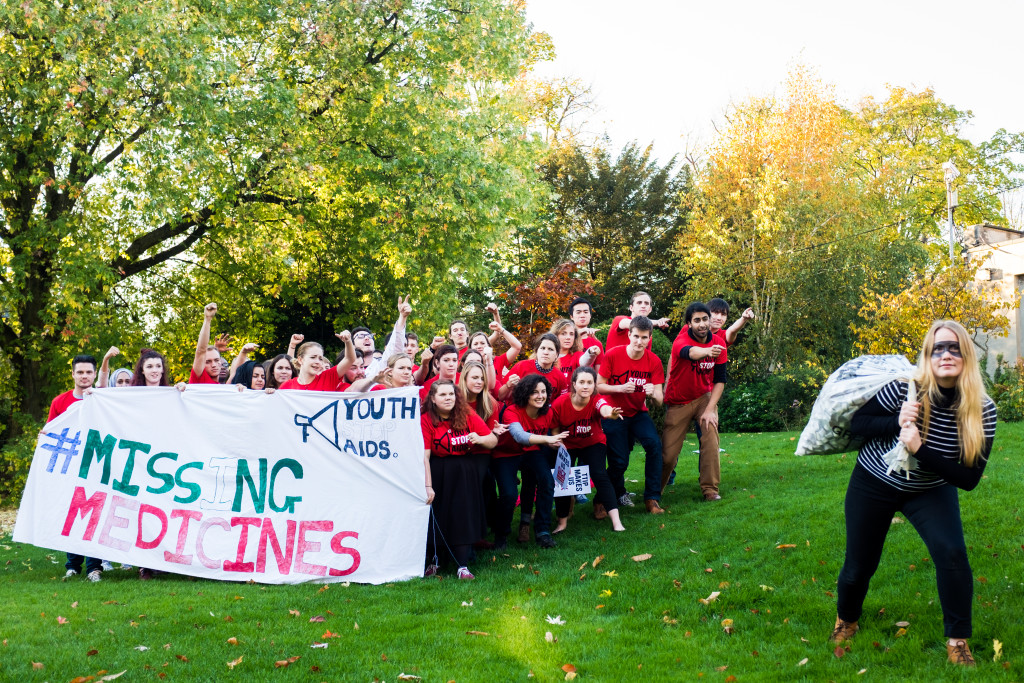Last week, as a steering committee member and representative of Youth Stop AIDS, Matthew attended the second meeting of the European Alliance for Responsible R&D (research and development) and Affordable Medicines in Athens, organised by the Open Society Foundation
Access to medicines isn’t just an issue within “The Global South”, but is becoming a massive problem across Europe. Currently only 1% of people living with Hepatitis C in Greece receive the best available treatment, sofosbuvir, due to the exorbitant price that the manufacturer Gilead have set. This was one of the issues that was discussed at the European Alliance meeting on Responsible R&D and Affordable Medicines in Athens. The EU Alliance includes Restless Development and STOPAIDS alongside organisations like Médecins Sans Frontières, No Es Sano and Doctors of the World.
New treatments for diseases such as cancer are becoming more and more unaffordable; this trend is set to continue unless we can push for change. Healthcare systems across Europe are under a tremendous strain, patients are missing out on effective treatments and threats like multi-drug resistant TB are being ignored by Big Pharma. We can start to fix the system through negotiating a fairer deal for life-saving medications with pharmaceutical companies, and pushing for needs-driven public funded research to produce affordable drugs. Our Missing Medicines campaign is doing just that, by urging the UK government to attend and commit to R&D reform at the World Health Organisation Meeting in March.
On the last afternoon we visited a local clinic run by the charity PRAKSIS. It is estimated that over 800,000 Greeks have been cut off from medical access due to lack of insurance or poverty, this coupled with the refugee crisis has meant charities like PRAKSIS have had to step in and plug the gaping holes left in the government’s social security net. We spoke to some incredibly inspiring staff at the clinic providing amazing care for patients. All of the staff we spoke to said the same thing – we shouldn’t have to exist. Until medications can become more affordable and accessible to patients, unfortunately they will have to.


